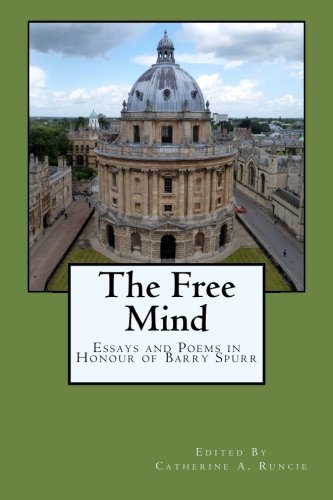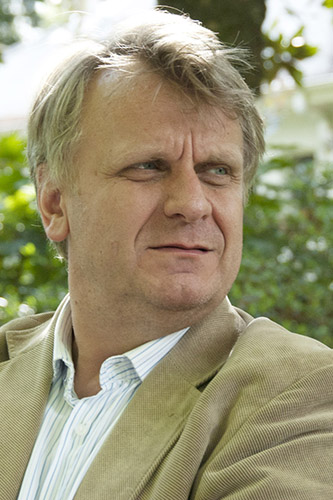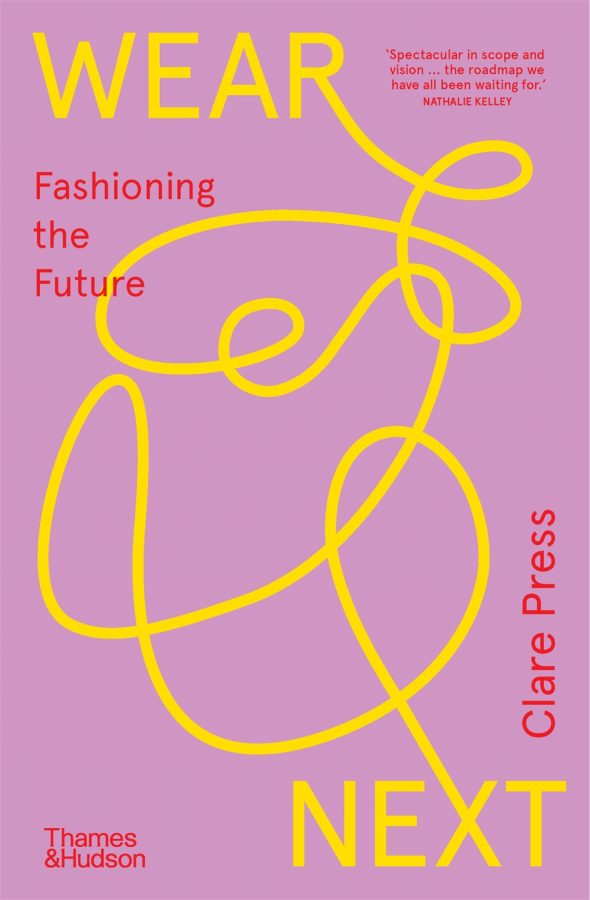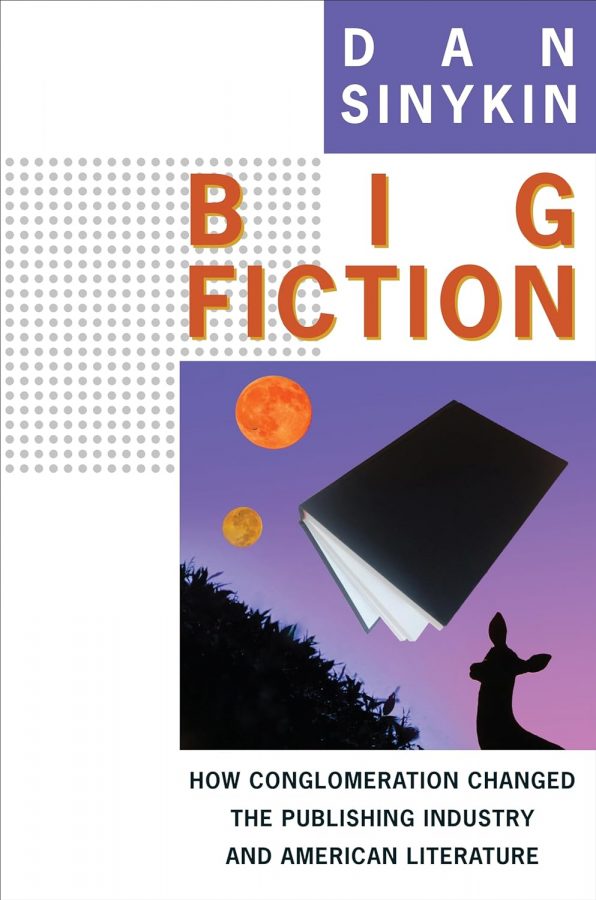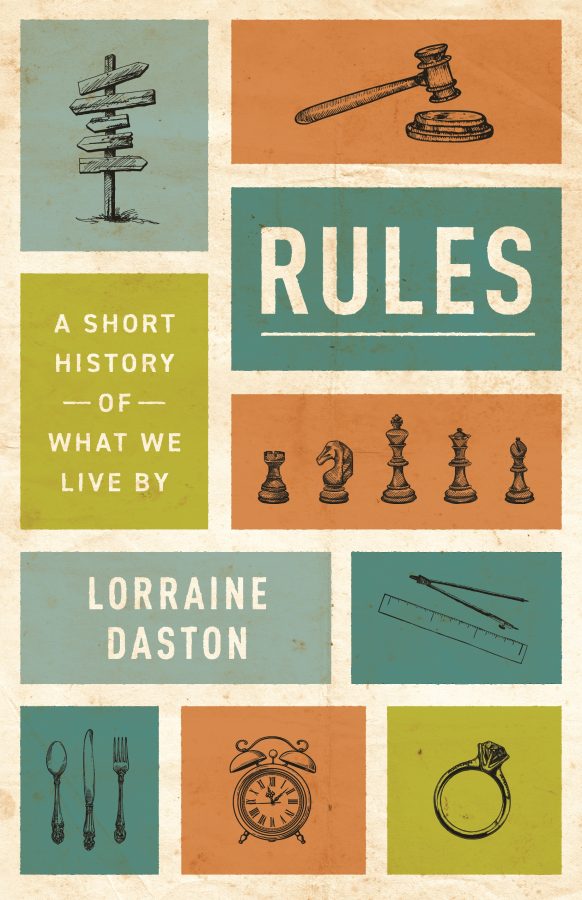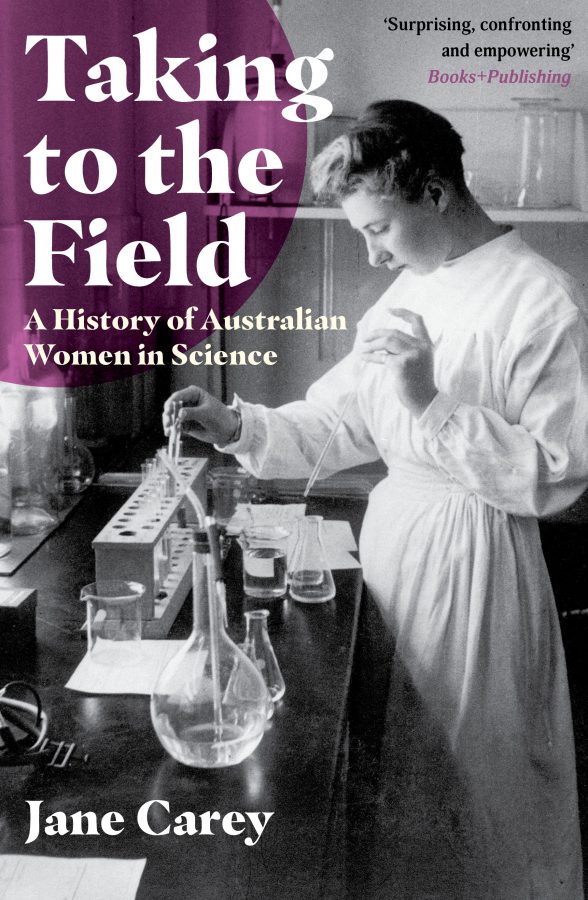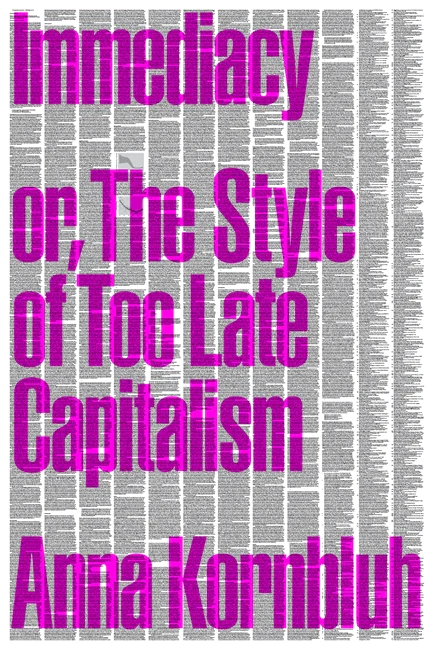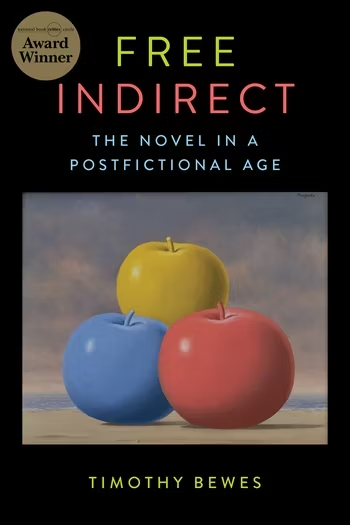After the selected emails of Barry Spurr were leaked to the media, his expulsion from academia was violent and abrupt. But his friends didn’t give up on him and put together this volume of essays, studies and poems, edited by the competent hands of one of the most sensitive and erudite academics I have ever met, Dr Catherine Runcie. The book is a tribute to the Professor of Poetry and Poetics at the University of Sydney, whose deep knowledge of all things poetic and symbolic gained him the admiration of generations of students and scholars.
As a teacher Barry Spurr was a force of nature: when he started talking about the King James Bible, John Milton, the Romantics or his all-consuming love, T.S. Eliot, we were all overwhelmed by the relentless flow of poetic imagery, associative thinking, sardonic humour, and social commentary, interspersed with sly comments about students’ behaviour, academic propriety and university administration. His teaching style in the classroom was a sheer delight, a modern recreation of the traditional style of teaching, in which the Professor was the source of all knowledge, judgment and meaning.
If students were late, he became angry; if they interrupted him even more so. He became furious when anyone dared to contradict him. He knew his domain so well that he couldn’t stand the half-truths that confuse the minds of impressionable youths or half-educated colleagues. He had published many books, monographs and articles exploring the relationship between poetry and the sacred, and specifically between imagination and Christianity. He knew everything in depth to a degree of annoying scholasticism: despite his long study of modernism, fragmented knowledge was not his intellectual or cultural domain.
He was also a true believer; not of the kind one finds today in the one-dimensional Sydney Anglican community, but very close to Anglo-Catholicism: one step before Rome and one and a half steps before submitting himself to the sublime language of the Book of Common Prayer. A crypto-Catholic with the Anglicans, a crypto-Anglican with the Catholics, a rare intellectual still trying to identify his personal tradition, to find his own spiritual landscape where he could experience the greatest mystery of all, the numinous mystery of the English language.
The present volume is made up of essays by remarkable academics, scholars and creative thinkers. They address an impressive number of topics, issues and ideas. Poems by Bruce Dawe, Stephen McInerney, Robert Gray, Christine Townend, Ivan Head, John Bunyan, Devika Brendon and Geoffrey Lehmann articulate some joyful gestures of gratitude to him and his approach to language. Spurr’s influence can be felt in some of these exquisite poems. Another group of essays by G.A. Wilkes, David Brooks, Beverly Sherry, Kevin Hart, Bradley M. Wells and David Jasper are linked to the other activity of his career, literary criticism. They touch upon issues pertaining to Shakespeare, Milton, T.S Eliot and liturgical language, some of the key themes of Spurr’s own intellectual exploration. Essays with general discussions about the humanities by Stephen Prickett, Simon Haines, Jonathan Mills, Michael Warren Davis, Henry Cooper and Karine Hepner address a variety of issues about contemporary humanities and their standing within the current academic environment. Philosophical, religious, literary and historical matters are discussed by David Daintree, Stephen Gaukroger, Jennifer Gribble, Lyn Aschroft, Garry Trompf, Ivan Head, John Bunyan and Carole Cusack. Runcie has divided the diverse material wisely and has presented its chapters as an exploration by others of the research fields in which Spurr excelled.
Runcie has also included an address Spurr delivered at a 2011 graduation ceremony. His verbal explosion in front of the graduating students employs all the exuberance and the brilliance of English:
In an inarticulate and verbally incoherent culture such as ours, where a veritable tsunami of misuse and mispronunciation of words, often because of etymological ignorance, syntactical muddle through grammatical ignorance, vacuous cliché, the circumlocution and obfuscation of risible euphemism and officialese in all departments of life in a society that is supposed to value plain speaking, and the simplistic misrepresentation of historical complexity in glib (usually dismissive) phraseology, often in the service of currently modish ideology, the end of clear thinking and accurate and compelling speaking and writing has never been more pressing.
One thing can be said with certainty: Barry Spurr loved the English language as a method of ascesis for existential and spiritual realisation. I always thought that he should have become a priest, or a preacher or a prophet. In passages like this we can hear and enjoy the authentic voice of Barry Spurr the preacher, Barry Spurr the orator. This is the denunciating voice of a conservative, of an intellectual who swims against the current to defend language from misuse and from the inaccuracy of emotion. Frequently he lashed out against academic trends and against the instrumentalisation of knowledge that is imposed by the university bureaucracies today. Innovation for him meant creativity — not the computerisation of knowledge, as unfortunately most bureaucrats and most unfortunately students have come to believe.
Yet the pluralism and the diversity of cultures at a university frequently forces you to work with people you dislike and with whom you disagree. Instead however of working with them, Spurr developed a certain air of superiority, a defence mechanism which essentially undermined the significance of his own reaction. For all his whims and eccentricities, Spurr was a staunch conservative, a conservative who with persistence and somehow despair fought to protect the pedagogic, indeed the Socratic, method through which, while studying, students consolidate their character and in this process the teacher is the catalyst and the glue that keeps everything together.
Barry Spurr represents the old open-minded conservative who knows that the new is relentless and uncontested but organises tradition in order to absorb and assimilate the waves of change. Furthermore, he has something that most conservatives lack: passion and fury, elements that de facto made him transcend his conservativism. In 2008, we organised a conference on T.S. Eliot with the Society of Literature and Aesthetics, the brain child of Catherine Runcie. ‘Why would you get involved?’ he asked me. ‘Have you worked on Eliot?’
‘Well,’ I dared to reply, ‘I have translated the Four Quartets and many of his essays into Greek.’
‘That’s something,’ he consented wryly.
He was worried about what an outsider would bring. For him, Eliot was the great mainstream Anglo-Catholic, the poet who rearticulated the spiritual tradition of metaphysical devotional poetry for the contemporary modernist audience and finally the thinker who defended the idea of a Christian society. The Archbishop of Canterbury Rowan Williams sent a very sympathetic message and his secretary to the occasion, one of the few conferences organised on T.S. Eliot in Australia.
For me, the conference was an opportunity to find out what Eliot meant to people outside the fold, what his influence was amongst the unbelievers and the dissenters. As such the most important moment took place when one of the most significant Marxist thinkers of our time, the recently departed Georgy Markus, walked into the room. He sat down and attended the whole conference with patience and grace. At one break, he approached me and said in his heavy and otherworldy accent: ‘Very few people know how much I love T.S. Eliot. But I have read more Eliot and about Eliot than about any other poet… even Shakespeare…’ That, for me, was the moment of opening. (Maybe for Barry it was the message from the Archbishop.) The presence of Markus at that conference was the ultimate proof of the felicitous synergies that genuine academics and thinkers can form, even in the intellectual and spiritual desert that universities have become today.
As his colleague, I understand that what happened and led to his resignation was absolutely over the top and, as my students would have said, random. The language he used in his emails scandalised his colleagues and students. I won’t insist on what the proper procedures for investigating his case should have been. But he had to explain why he used such expressions, even to account for their semantics. Intended or not as jokes, his language was not proper, indeed it had no aesthetics; and because he misused and distorted the ‘consent of language’ it was deeply offensive. But he could have simply said: ‘I am sorry! I over-inflated my indignation, I lost control over my reactions.’ But no, he said nothing of the sort.
He continued to come up with excuses and pretexts, which could barely cover his anger for the intrusion into his private correspondence, an anger which was turning into a chaotic fury, the worst state of mind for a conservative puritan. But he is an Eliot scholar; and whoever reads Eliot must always keep in mind his great verses from East Coker: ‘The only wisdom we can hope to acquire/ Is the wisdom of humility: humility is endless.’ Spurr had completely forgotten this; and during the months that followed he marched in lockstep with the most insensitive of all ignoramuses and calumniators and discussed the politics of the English language with them. This was not simply an insult to George Orwell. He was insulting himself now: if people like Miranda Devine present you as a figure of the counter-culture, then you know that it is time to disappear.
Despite all the scandal, this book will be a great contribution to many different levels of thinking and fields of research. I would like to stress the significant contributions on the predicament of the humanities in the universities today. The ‘Barry Spurr incident’ showed how sensitive we still are about the humanities and how precarious and fragile still remains their civilising role in modern society. Stephen Prickett concludes his excellent essay by stating that: ‘…civil society ultimately rests on the Humanities.’ The Spurr incident was not only about improper language but about what legitimises, or indeed de-legitimises, current political and cultural agendas, especially in the university and the role of academics in the present state of affairs. Furthermore, it highlights the way that we use language today: not as the house of our existence but as a weapon.
The incident can be also seen as a case for investigating the position of the humanities in the contemporary university. Increasingly it all seems to work like an assembly-line industry. Nobody would like to present Spurr’s behaviour as heroic and defend him as a martyr for freedom of speech. But the whole palaver provides an opportunity to reflect on the continuing relevance of humanities and the role of the individual academic in the colliding worlds of incompatible traditions, the technocratic and the humanistic, a distinction that I think we must revisit today. Ultimately, the answer can be only based on the ethics of forgiveness, not on the parochial perceptions of authority or on legalistic perceptions of dominant orthodoxies.
This volume, I believe, shows the constant irritation that humanities continue to exert in the public sphere of a society without opposition; and it presents a case for the constant challenging of practices, ideologies and beliefs we consider dominant or ‘un-problematic’ with the cultural politics of the day. Even such an unseemly and awful episode has its own ‘negative capability,’ and we must extract some positive conclusions about what makes a responsible academic today and what of course un-makes one. This Festschrift for Professor Barry Spurr shows that the answer to such controversies cannot be found in adversarial cultural wars but in the continuous dialogue between like-minded scholars, free-thinkers and researchers who care for the future of humanities and continue the intellectual effort to maintain the integrity of their cultural space. Spurr’s work seems to defend the cultural paradigm inaugurated by the Renaissance humanists; his personality however points to other pathologies of the academic profession which must be discussed sine ira et studio because: Since our concern was speech, and speech impelled us/To purify the dialect of the tribe / And urge the mind to aftersight and foresight. Both foresight and aftersight have a significant role to play in the cultural debates because as Martha Nussbaum has accurately observed ‘Democracy needs the humanities.’ Professor Spurr was and still is one of the most significant Australian humanists despite the fact that he succumbed to what Christians call ‘the tyranny of his own will.’ Maybe the redemption from such failure of imagination can eventuate by the debates that this volume may produce.
